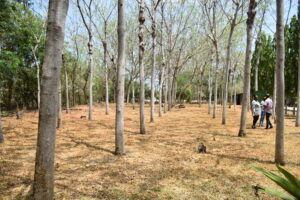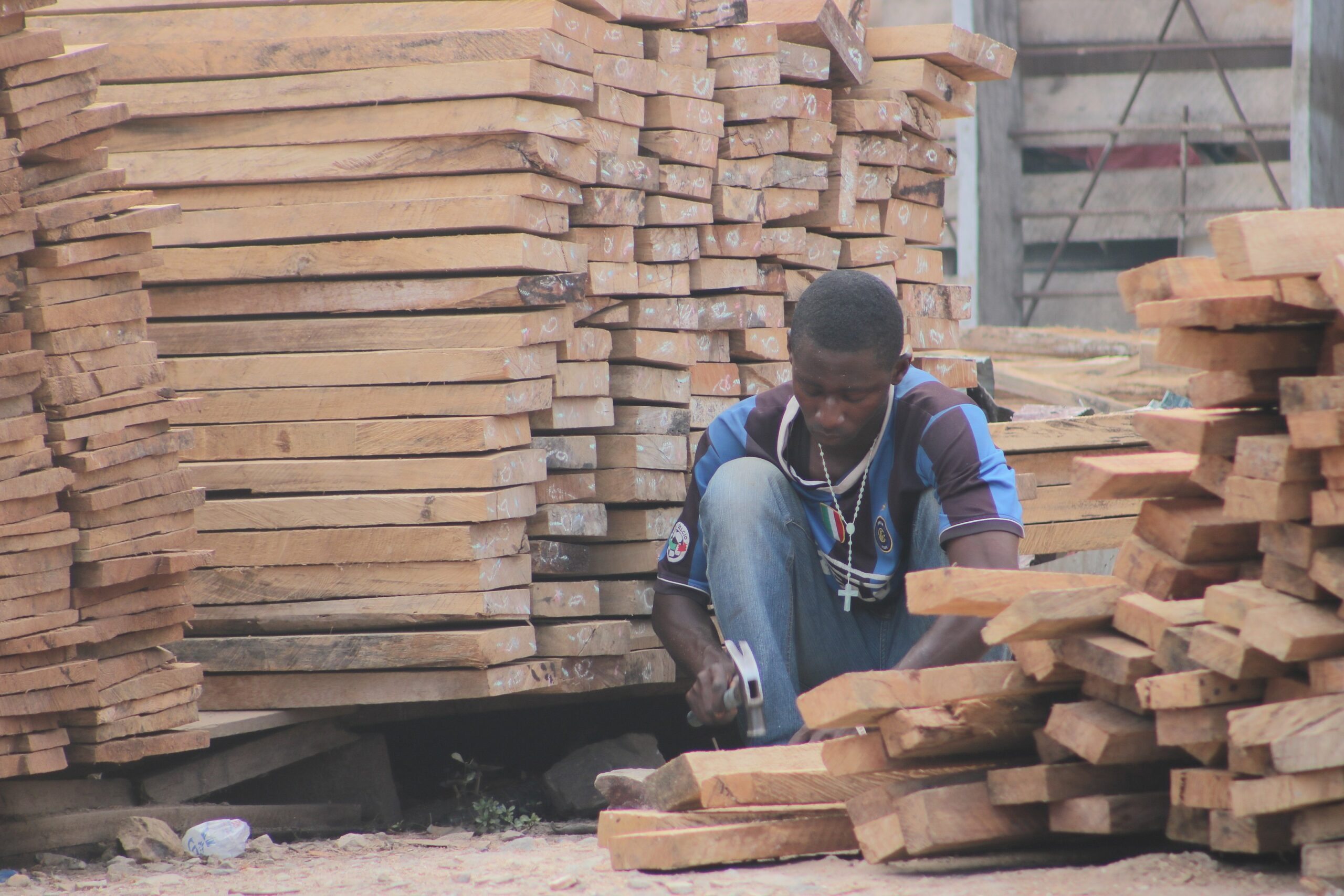1. BACKGROUND
Africa is the world’s youngest continent. Projections by the United Nations show that by 2030, young Africans are expected to make up 42 percent of the world's youth and account for 75 percent of those under the age of 35. This “youth bulge” could either become a dividend or a liability for the continent – especially in the context of the current stress on natural resources.
On the positive side, youth in Africa are more educated, more connected and tech savvy than ever before. They provide an opportunity for African countries to reap the huge demographic dividend for socio-economic benefits. While the quest to nurture the continent’s sustainability is vital, the creativity and innovation of Africa’s burgeoning young workforce can help address the crises of forestry and climate on the one hand whilst creating jobs and wealth on the other.
Young people bring new ideas and far-reaching ambition that can help conserve African forests, sustain efforts on reforestation, and slow down the alarming rate of deforestation and land degradation. When empowered, they can build climate resilience and adaptive capacity in their communities even though they are among the most vulnerable populations which will be overly affected by climate change.
Effectively engaging continent’s youth is also crucial because they are embracing the power of disruptive technology to connect across borders and implement nature-based solutions from global to community levels. Despite this latent potential, they are — and feel — under-represented. Besides the enormous challenges that they face, their needs, and aspirations are not as frequently heard when global sustainability topics are debated. Neither are their perspectives and dependency on forests studied compared to peers in high-income countries.
The scientific community can help prepare young people in Africa, to in a near future, sustainably govern and manage the continents’ forest resources. By gaining and sharing science-based knowledge on the significance of forests for the youth, this group can overcome barriers to their meaningful contribution to the forest sector, including achieving the Global Forest Goals, the UN Decade on Ecosystem Restoration, and progressive and meaningful national and private sector forest-related sustainable objectives.
#AfricanYouth4Forests
Through a pilot project dubbed, “AfricanYouth4Forests,” the African Forest Forum (AFF), the Swedish University of Agricultural Sciences (SLU) and the Kenya Forestry Research Institute (KEFRI) have partnered to engage young people in sustainable forestry and livelihoods in Kenya.
Grounded in knowledge co-creation and dialogue between researchers and young people, the project seeks to: (i) explore the roles of forests in young people’s lives and in their communities and society; (ii) inform and communicate with the youth about Kenya’s and Africa's forests, their richness, and importance (iii) empower and encourage the youth to articulate their vision of future forests in Kenya and also on the continent, and to explore creative approaches for sustainable forest use.
 Photo: The Arabuko Sokoke Forest Reserve is located on the coast of Kenya / AFF
Photo: The Arabuko Sokoke Forest Reserve is located on the coast of Kenya / AFF


